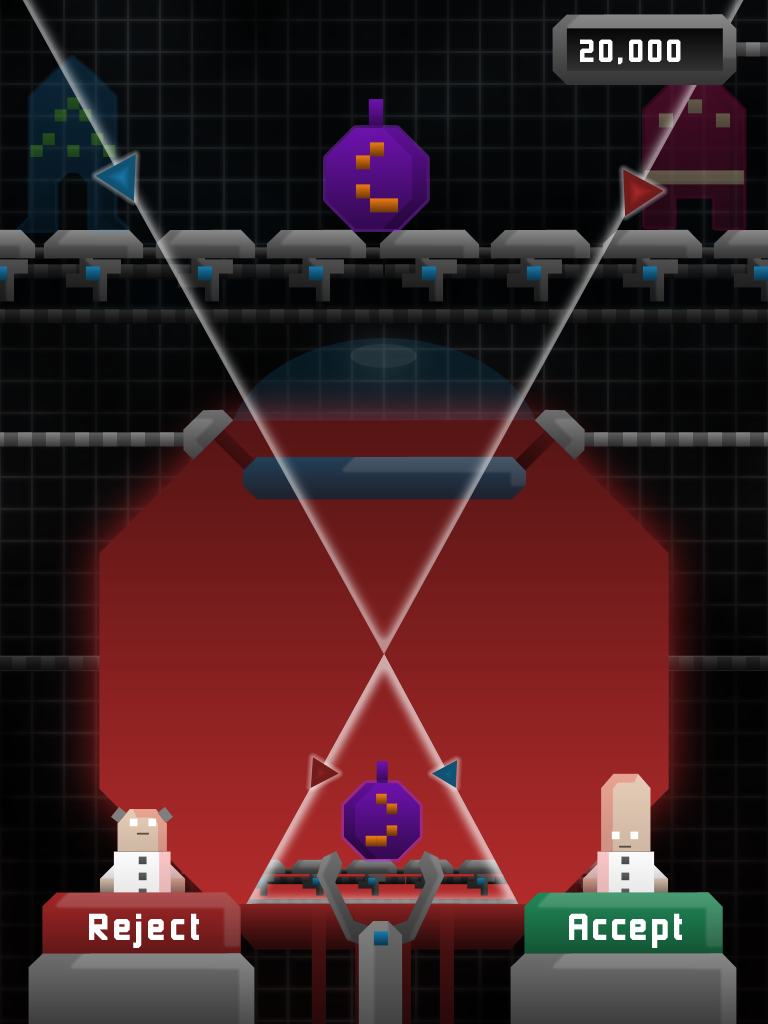Winning Wellcome Trust ExPlay Game Jam Entries now Online to Enjoy!
/A busy audience assembled at the ExPlay event in Bath on the 2nd of November to hear the winning games announced from the eight short-listed titles. After much anticipation Professor Bruce Hood awarded the winning teams their prizes: First Prize: HIVe (Java download, video)
In HIVe the deception moves to a molecular level, where one player is a HIV infected cell disguised as a normal cell, seeking to infect other cells. The second player is an antiretroviral seeking to find and destroy the infection. The developers write, “The objective of the HIV player is to infect as many cells as possible before being caught by the antiretroviral drug player. We felt that the lifecycle of a virus is a constant battle of deception with the body and our game tries to capture this whilst at heart still being a game and being fun. We felt using HIV as the virus was important for its relation to scientific research and global social issues.”

Second Prize: Qualit-eye Control (iPad, video)
Based around the structure of the human eye and using the inspiration of the Thatcher Illusion, where it becomes hard to detect changes in an upside-down face. In this puzzle game, the player must select if a given object is really the same as its mirrored counterpart. The developers wrote of their game; “Given the theme of deception in science, we began thinking about how the human eye is an astoundingly amazing tool – yet deceptive. The human brain has to process a lot of data continually, so will occasionally make assumptions and take shortcuts, meaning we occasionally interpret false images in line with our expectations… So we developed Qualiteye Control, a game that puts the player in the position of a miniature scientist acting as a controller between the eyeball and the brain of Prototype X1.”

Wildcard Prize: InCogNeto (Android download)
A two-player game in which each player must connect cogs to a top wheel and at each turn select it to mask their actions or advance their plans. The developer wrote of their game, “…inspired by the idea of subterfuge, how we deceive ourselves and create false realities when we don’t have all the information… Strategy and tactics play an important role as you read your opponent’s body language, listen for audible clues (i.e. the rack moving) and use spatial memory to spot changes in the playspace. While your body is performing quality control of a widgetoid factory – you must decide what widgetoids are correct, and which ones are being falsely interpreted and need to be rejected quickly.”

The judging was based around the balance of the gameplay and the science so the judges looked for great games that integrated the science into the gameplay.
The judging was based around the balance of the gameplay and the science so the judges, Professor Hood, Dr John Williams, Head of Neuroscience and Mental Health at the Wellcome Trust and Dan Efergan, Creative Director at Aardman Digital, looked for great games that integrated the science into the gameplay. The games needed to be fun to play; they were not looking to develop a ‘worthy’ game, it needed to be fun in its own right. The aim was to make the combination of the science and the gameplay engage the player; those that did scored well.
The games were created on the 5th and 6th of October during the Wellcome Trust ExPlay Game Jam. The event, held over two locations, the Science Museum in London and the Pervasive Media Studio in Bristol, saw over 100 developers create 22 entries around the theme of Deception. Where possible, the games from the event are available online at: explay.co.uk/gamesjam and are free to play.
Links to this story:

